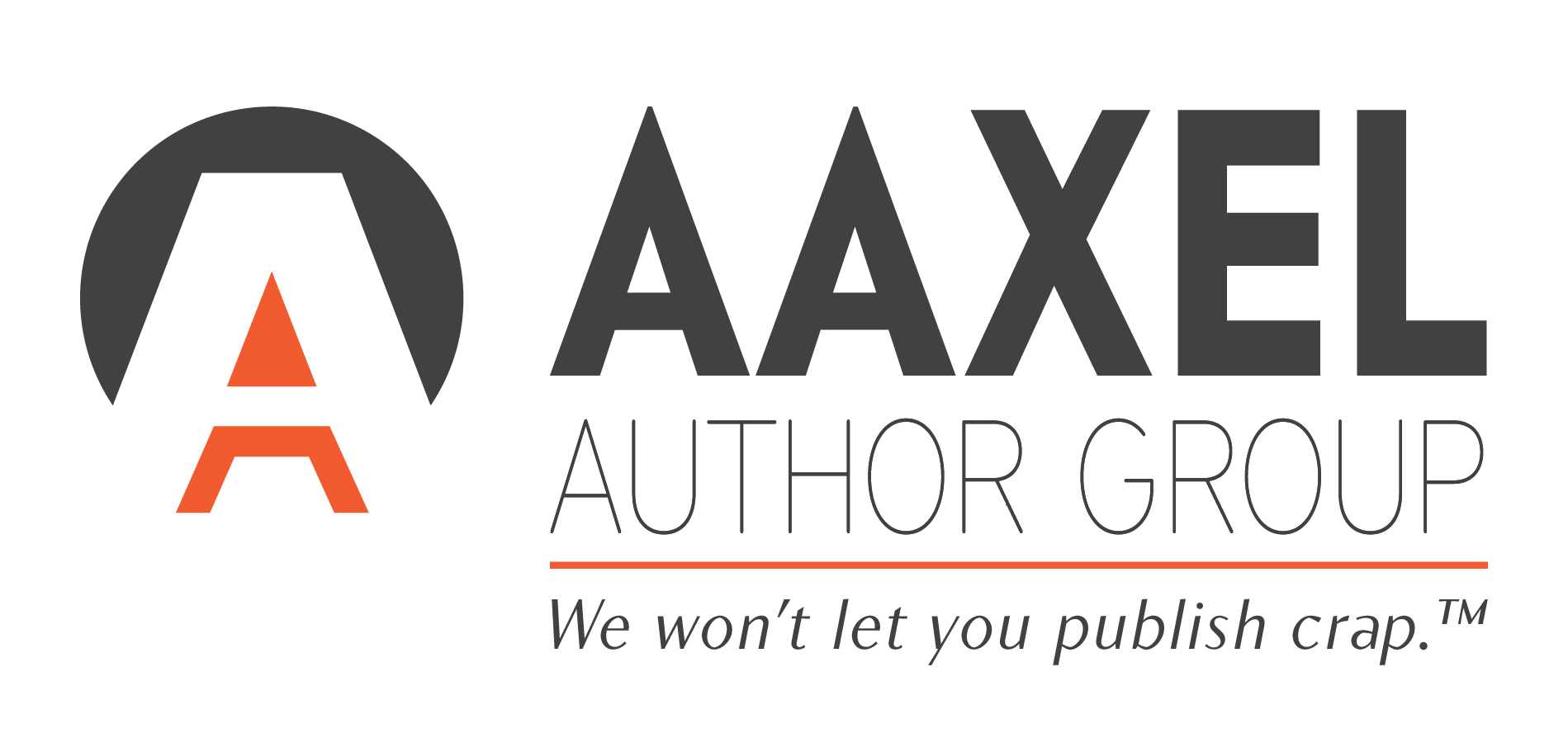The Pros and Cons of DRM: Digital Rights Management Explained
The age of the internet and digital content has made protecting your rights as a “content creator” or digital creative fraught with issues of piracy. Even after filing for copyright authors who publish eBooks often have their work illegally copied and distributed over the internet. When you publish your eBook on Kindle Direct Publishing, for example, you are asked if you want to enable Digital Rights Management (also known as DRM), which is a question that can stump many authors. Answering this question is particularly tricky because once you have made your choice, you can’t reverse it.
What is DRM?
Digital Rights Management is a technology used to prevent unauthorized circulation and modification of digital content. In the case of eBooks, DRM encrypts the eBook files and gives limited access only to readers who purchase the book.
The Main Perks of Enabling DRM:
- You prevent unintended unauthorized access to your book.
- You help secure your revenue stream: With DRM, it’s more difficult for someone to illegally copy your work (though, as we will see below, it’s not impossible).
The Downside of DRM:
- It’s not foolproof: There are plenty of DRM removal tools, so if someone really wants to illegally copy your eBook, they can still find a way.
- Readers can only use one device—the device used to purchase the eBook—to read the book, which can be an inconvenience for customers who like having access to a book on multiple devices. Moreover, books purchased on an older version of DRM may not be compatible with an updated version.
- It limits the sharing of your eBook: While this last point could easily qualify as a “perk,” it is also an important consideration for authors, especially those who are emerging and may not have an established following (yet).
The Verdict?
At the Aaxel Author Group, we see authors in both camps: More conservative authors tend to enjoy the sense of added security provided by DRM. For authors whose priority is to maximize the visibility of their eBook, they do not enable DRM as they prioritize sharing of the information over actual sales of the ebook. After all, if you want to generate awareness and word of mouth for your book, why limit the ways in which readers can share your work?
Ultimately, of course, enabling or not enabling DRM is every author’s personal choice.
If you need assistance with DRM or any other aspect of publishing and book marketing, drop us a line on our Contact page.

